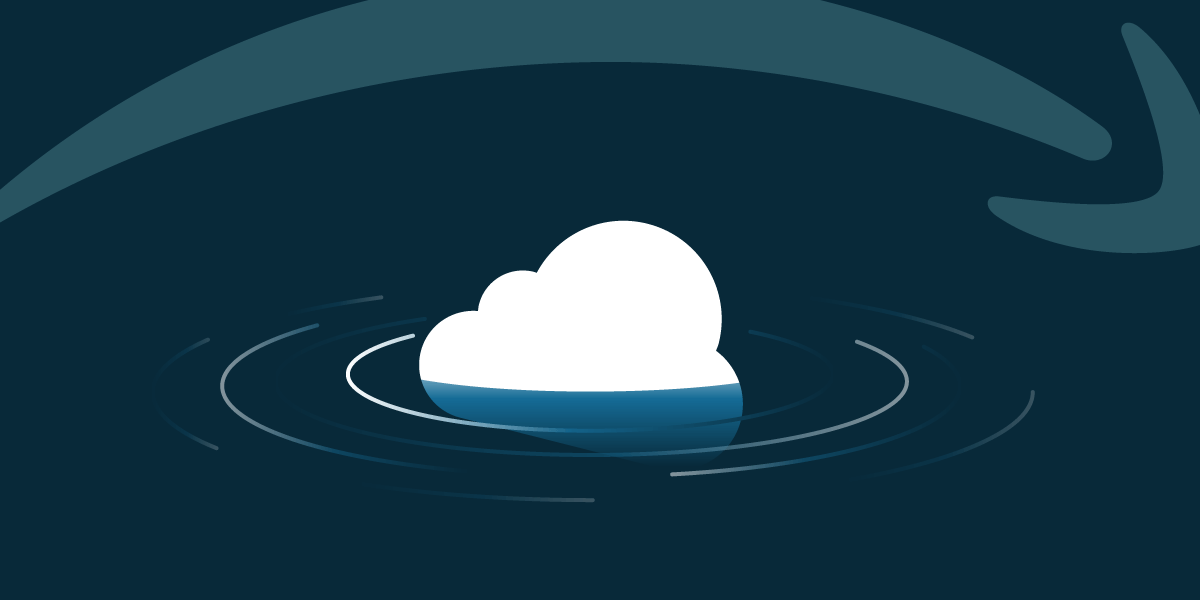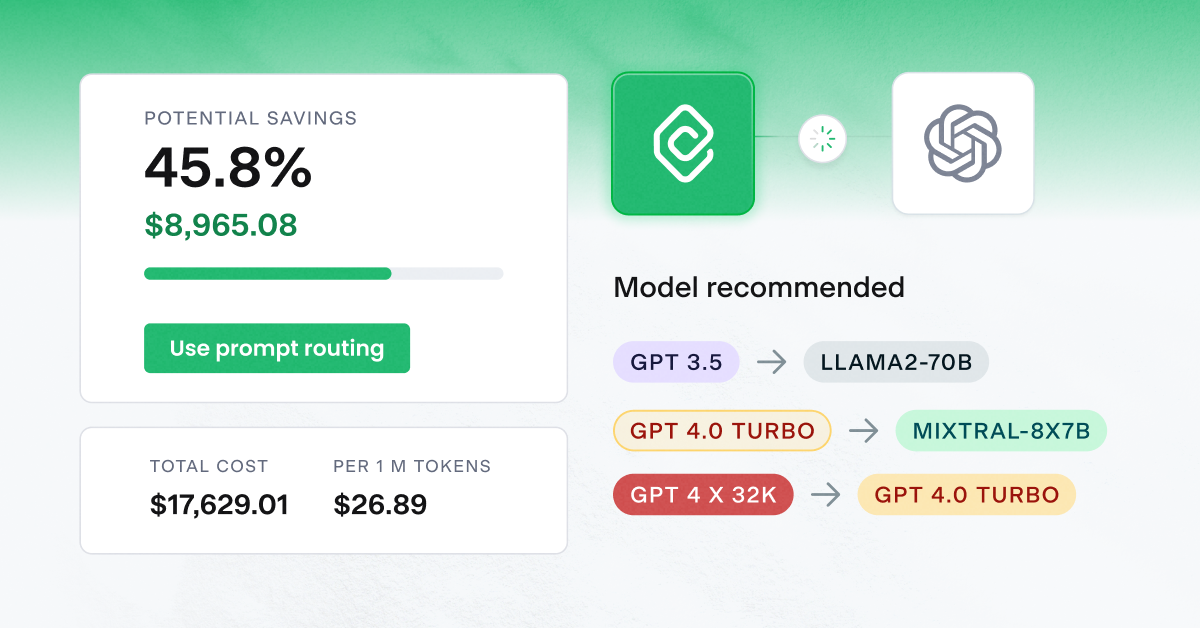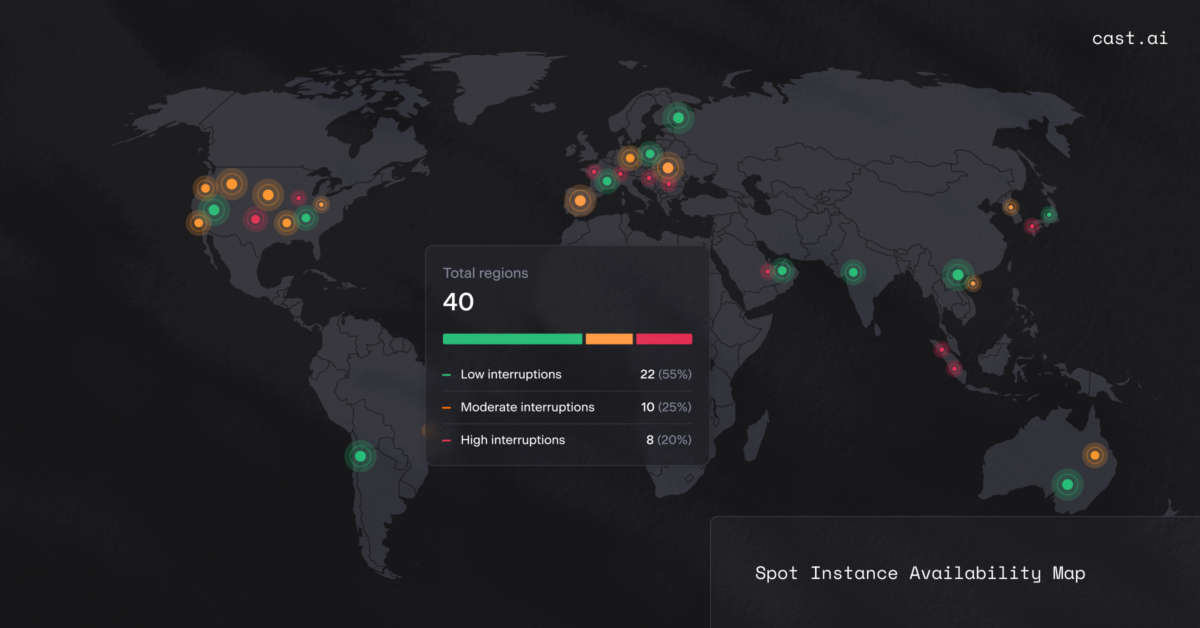UPDATE: Amazon Web Services (AWS) had a second outage in two months on the 4th of January. Slack, Zoom and Notion were likely among the affected businesses.

On the 25th of November, AWS had another major outage. Widely utilized services like Amazon API Gateway, Lambda, DynamoDB, CloudWatch, CloudTrail, CloudFormation, Autoscaling, Athena and others were affected.
“So many services being impacted simultaneously may be indicative of a large software rollout, or potentially localized underlying hardware or network issues,” said Leon Kuperman, CTO and Co-Founder at CAST AI. “If it’s a software issue, it’s unusual that AWS would have chosen US-East as a canary region. US-East (Virginia) represents the largest AWS region and largest customer footprint, which would put it near last, if not last on the rollout schedule.”
Public-clouds are a godsend for tech companies. Migration to cloud allows startups and enterprises to skip over unnecessary investments in on-premise data centers and focus on what matters the most: develop products that people love, scale fast, and always be accessible.
Unfortunately, public cloud providers like AWS, Azure or Google Cloud Platform are eager to lock in companies to use their services exclusively. When you rely on one vendor, you go down when that vendor fails.
Today, AWS showed the true cost of putting all your eggs in one basket. It amplified the need for companies to have a multi-cloud disaster recovery and fail-over strategy. This strategy would still allow for a possibility of some cloud providers to go down, but it would also ensure that a cloud going down would not mean downtime for your users.
“A cloud failure should not become a disaster. Never again.” said Laurent Gil, CPO and Co-Founder at CAST AI. “You can rest easy knowing that your infrastructure is never down.”
Imagine that you show up to your office one day and your office building is gone. That’s what happens when cloud providers like AWS go down. All you are left with is the question “Why?“. With CAST AI you don’t need to wonder. By running your application on multi cloud, CAST AI automatically shifts your resources to Azure or Google Cloud when AWS has troubles.
Explore CAST AI here.





Leave a reply